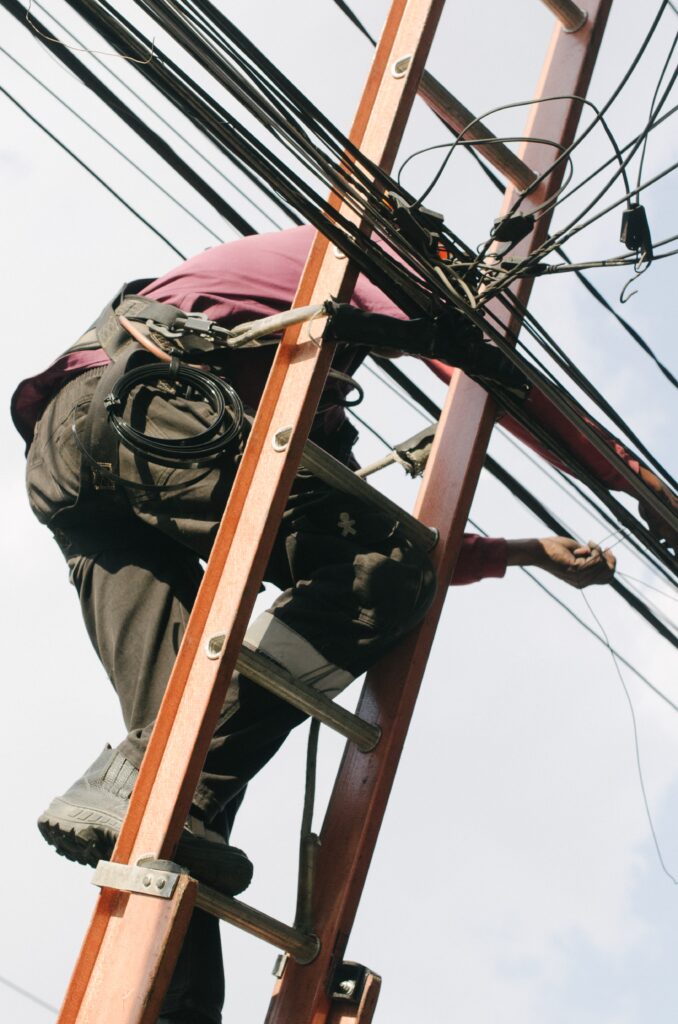You’re probably wondering if there are any areas where you can’t ride your beloved electric scooter. Navigating the legality and limitations of electric scooters can be a bit of a puzzle. This article will help clear up the confusion for you. Don’t worry — it’s packed with the latest information on where electric scooters are outright illegal, restricted, or completely unrestricted. It’s your personal guide to understanding the different laws and regulations around electric scooter use globally. By the end, you’ll have a much better grasp on where you can explore freely with your electric scooter and where you might need to tread carefully.
Current Legal Status of Electric Scooters Globally
Electric scooters, also known as e-scooters, have become increasingly popular as a mode of transportation. While they offer convenience and can lessen traffic, their legality varies worldwide.
Legal Status in Europe
In most parts of Europe, e-scooters are legal, but the rules vary from country to country. For instance, in the UK, e-scooters are only legal on private property with the property owner’s permission. On the other hand, in Germany and France, e-scooters are permitted in most public areas but come with restrictions regarding speed and age.
Legal Status in North America
In North America, the legality of electric scooters is quite complex. In the United States, e-scooter laws differ by state and even by city within the state. Some states like California and Florida, allow electric scooters, but with specific rules. In Canada, the laws about e-scooters depend on the province with some legalizing their use and others restricting it.
Legal Status in Asia
Asia’s stance on electric scooters is quite diverse. For example, in countries like China and Japan, electric scooters are generally allowed but are subject to different regulations. Conversely, in Singapore, there are strict rules on where e-scooters can be ridden and their speed limits.
Legal Status in Australia and New Zealand
In Australia, the legal status of e-scooters varies by each state jurisdiction, with some states having more relaxed laws than others. New Zealand is more welcoming of e-scooters, allowing them on footpaths, cycleways, and roads where the speed limit is 50 km/h or lower.
Legal Status in Africa
In many parts of Africa, laws regarding electric scooters are scarcely defined due to the relatively newness of their use. However, in South Africa, electric scooters are allowed on public roads, provided they meet specific safety standards.
Specific Laws Related to Electric Scooters
Age Restrictions
Most countries impose an age requirement for e-scooter use. Often, users must be over a certain age, typically around 16 years old.
Speed Limitations
Just as with cars, there are usually maximum speed limits for e-scooters. These can vary but typically are around 15-20 mph (24-32 km/h).
Mandatory Safety Equipment
In many jurisdictions, electric scooter riders are required to wear certain safety equipment such as helmets. Some countries may also require the use of reflective clothing or lights.
Rules for Riding on Public Spaces
Most areas stipulate where e-scooters can and cannot be ridden, like sidewalks, bike lanes, or public roads.
Electric Scooter Insurance Requirement
Many countries mandate electric scooter riders to have third-party liability insurance. This covers potential damages to other people or property caused by the scooter.

Places Where Electric Scooters are Banned
Certain Public Spaces and Parks
Even where electric scooters are legal, certain public areas may ban them. For instance, some parks might prohibit e-scooters to protect pedestrians and nature.
In Metropolitan Areas
Several major cities have restrictions on where e-scooters can be ridden, if not out-and-out bans, to prevent congestion and maintain safety.
On Sidewalks
E-scooters are often prohibited from sidewalks to prioritize pedestrian safety.
On Highways and Major Roads
For safety reasons, e-scooters are almost always banned from highways and major roads.
Places Where Electric Scooters are Legal
Bike Lanes and Streets
In places where electric scooters are legal, they’re usually allowed in bike lanes and on streets with certain speed restrictions.
Specific Zones in Cities and Towns
Several cities designate particular zones where e-scooters can be ridden to manage traffic and safety.
Private Properties
E-scooters are almost universally legal on private property, with the owner’s permission.

Penalties for Riding Electric Scooters Illegally
Fines and Fees
Breaking e-scooter laws—like riding in banned areas or without necessary safety equipment—can result in hefty fines.
Confiscation of Electric Scooters
In some areas, law enforcement may confiscate electric scooters ridden illegally.
Possible Legal Charges
Reckless or dangerous riding can lead to charges such as endangerment or damage to private property.
Importance of Local Laws and Regulations
Why Local Laws Matter
Local laws govern e-scooter use in many areas. Knowing and following them is crucial to avoid fines or penalties.
How Local Governments are Regulating Electric Scooters
Local governments regulate e-scooters in various ways—formulating laws, imposing rules, or creating designated zones—all to ensure safety and order.
Appealing to Local Authorities for Change in Laws
Appeals to change laws can be made through respectful dialogue, petitions, or other forms of advocacy.

Electric Scooter Companies and Legal Challenges
Lawsuits Against Scooter Companies
E-scooter companies sometimes face lawsuits for injuries tied to their products or failure to make users aware of local laws.
How Scooter Companies are Handling Legal Challenges
Companies often respond by improving safety features, developing reliable user education initiatives, or appealing certain rules.
How Regulation Impacts the Electric Scooter Industry
Increasing regulations challenge the e-scooter industry to adapt quickly to new laws and change their practices appropriately.
Advocacy for Electric Scooter Legalization
Arguments for Legalization
Proponents cite benefits like reduced traffic congestion, lower emissions, and increased accessibility as reasons for legalizing e-scooters.
Electric Scooter Advocacy Groups
These groups push for e-scooter legalization by lobbying governments and educating the public.
Successes in Legalization Efforts
Successful effort examples include areas where e-scooters have been legalized, rules have been relaxed, or trial periods have been put in place.
Safety Considerations and Legal Restrictions
Role of Safety in Legislation
Safety is fundamental to e-scooter laws, with regulations often focusing on equipment, speed limits, and designated riding areas.
Importance of Wearing Helmets and Protective Gear
Helmets and other protective gear can drastically reduce the risk of severe injuries.
Statistical Data on Accidents and Incidents Involving Electric Scooters
Data can influence legislation, so it’s vital to responsibly report accidents or incidents involving e-scooters.
Future Legal Landscape for Electric Scooters
Predicted Legal Changes
Experts predict that the legal landscape will evolve as e-scooters become more popular and technological improvements are made.
Impact of Evolving Technology on Legislation
As technology advances, laws will need to adapt accordingly, covering issues like increased speeds or autonomous scooters.
Role of Environmental Sustainability in Legal Discussions
Environmental sustainability plays a crucial role, as e-scooters offer a greener mode of transportation.




